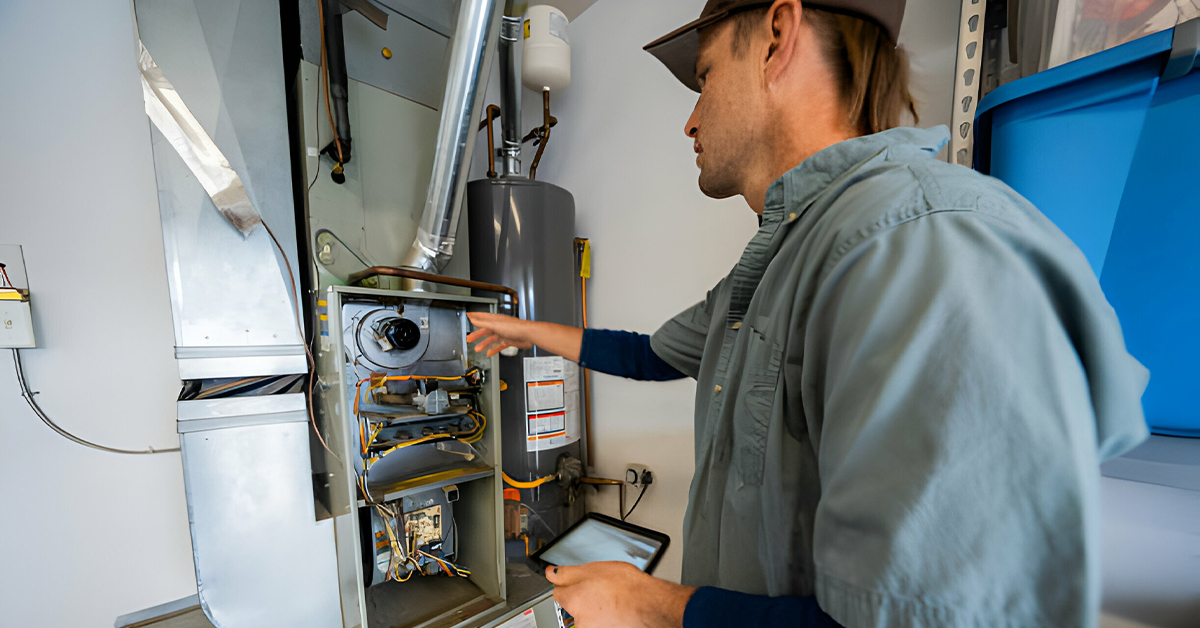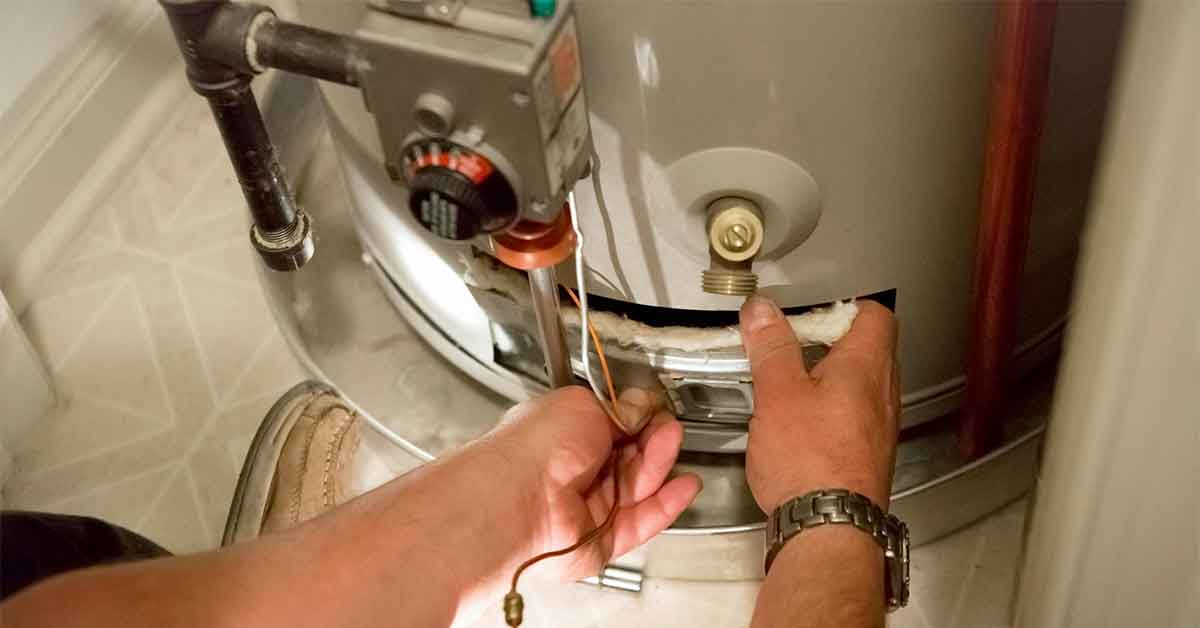Blog


Troubleshooting Thermostat Issues: A Deep Dive into Diagnostic Solutions
Our living spaces have become increasingly intelligent and interconnected. Central to this web of comfort is the thermostat, a device that, in its simplicity, holds the reins to our home’s climate. But what happens when this small but critical device malfunctions? We journey into the depths of thermostat troubleshooting to ensure you’re never left in the cold—or the heat.
1. Recognizing the Symptoms of a Faulty Thermostat
Inconsistent Temperature:
The Temperature Puzzle: There’s nothing more jarring than walking into a room that feels like a sauna, even though you’ve set the thermostat to a comfortable cool. Similarly, feeling cold despite having the heat on can be perplexing.
Underlying Causes: Apart from thermostat malfunctions, external factors like drafts, direct sunlight on the device, or localized heating/cooling sources can influence temperature readings.
HVAC Doesn’t Respond:
The Silent HVAC: You’ve set the desired temperature, but your HVAC doesn’t seem to get the memo.
Potential Triggers: Communication breakdowns between the HVAC and thermostat, power supply interruptions, or even a tripped circuit breaker can be the culprits.
Short Cycling:
The On-Off Dance: A system that frequently turns on and off, often within very short intervals, is experiencing short cycling.
Root Causes: This could be due to an oversized HVAC system, a dirty air filter, or yes, a malfunctioning thermostat.
2. The Basics: Initial Checks
Power On:
Light On, Light Off: Is the display on your thermostat blank or non-responsive? It could be a simple power issue.
Solutions: Ensure the switch or breaker connected to the thermostat is turned on.
Battery Blues:
Dwindling Power: Fading displays, erratic behavior, or complete unresponsiveness can hint at battery exhaustion.
Quick Fix: Regularly change the batteries, preferably annually. Some models even have a battery indicator to guide you.
Cleanliness Counts:
Dust’s Hidden Havoc: Over time, accumulated dust can affect the accuracy of temperature readings.
Maintenance Mantra: Periodic cleaning, especially of the internal sensors, can boost both longevity and accuracy.
3. Advanced Troubleshooting Techniques
Settings Scrutiny:
Mode Matters: Occasionally, the thermostat might be mistakenly set to ‘cool’ in winter or ‘heat’ in summer.
Tweaking Tips: Regularly ensure that the thermostat is in the desired mode. Also, cross-check fan settings.
Wiring Woes:
Disconnected Dilemmas: Loose or frayed wires can disrupt the thermostat’s functionality.
Safety First: Always turn off the power before inspecting the wiring. If you’re unsure about the connections, consulting a technician is the safest bet.
Calibration Concerns:
Off the Mark: Sometimes, the thermostat might not reflect the true room temperature.
Precision Path: Using a room thermometer, compare readings. If discrepancies arise, recalibrate the thermostat as per the manufacturer’s instructions.
4. Navigating the World of Digital Thermostats
Software Significance:
Outdated Obstacles: Older software versions might lack critical updates, leading to glitches.
Update Avenue: Ensure your device is updated to the latest firmware. This often resolves minor issues.
Connectivity Conundrums:
Wi-Fi Wobbles: Connectivity drops can interrupt the thermostat’s normal functioning.
Reconnection Route: Resetting your Wi-Fi or reconnecting the device can often restore normalcy.
Factory Reset as a Final Resort:
Starting Anew: When all troubleshooting fails, restoring factory settings might be the solution. However, be prepared to reconfigure settings post-reset.
5. Knowing When to Seek Expert Help
Persistent Problems:
Recurring Riddles: Issues that persist post-troubleshooting hint at deeper malfunctions.
Professional Perspective: Repeated issues warrant expert intervention to diagnose and rectify underlying causes.
Electrical Red Flags:
Signs and Signals: Any evidence of burning, charred wires, or sparking necessitates immediate attention.
Safety Above All: These issues pose not just functional but safety risks. Call in a professional without delay.
Compatibility Quandaries:
Tech Tangles: Pairing cutting-edge thermostats with older HVAC systems can sometimes lead to incompatibility issues.
Expert Evaluation: Consulting with a technician can guide you towards compatible models, ensuring seamless integration.
Conclusion
The thermostat, in its role as a silent sentinel of comfort, demands both attention and care. Armed with this detailed troubleshooting guide, homeowners can confidently address issues, ensuring an optimal living environment. Yet, the guiding principle remains: when in doubt, it’s always best to call in the experts.




